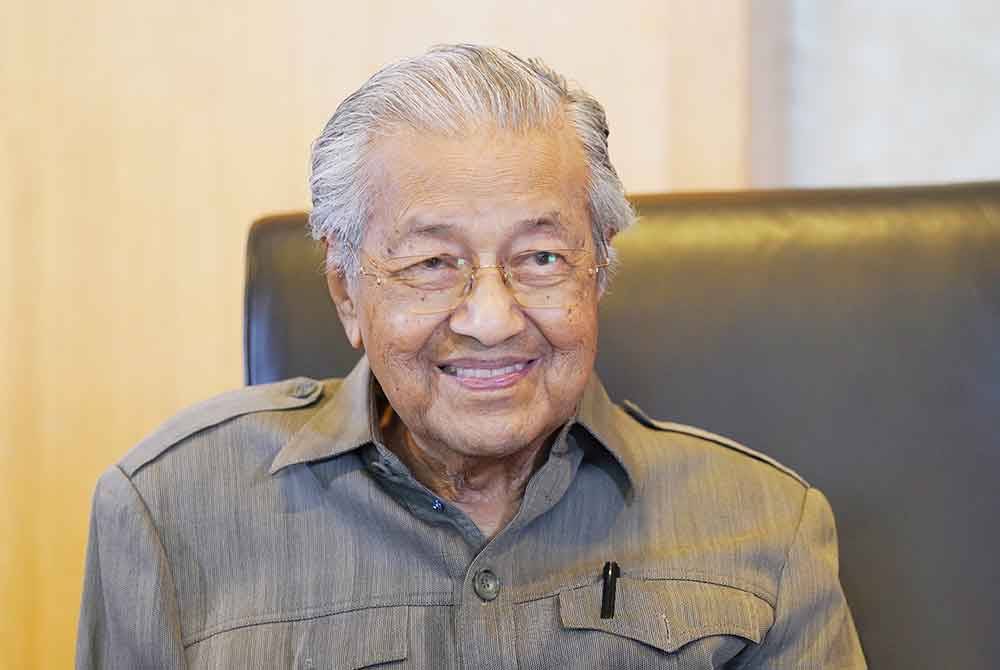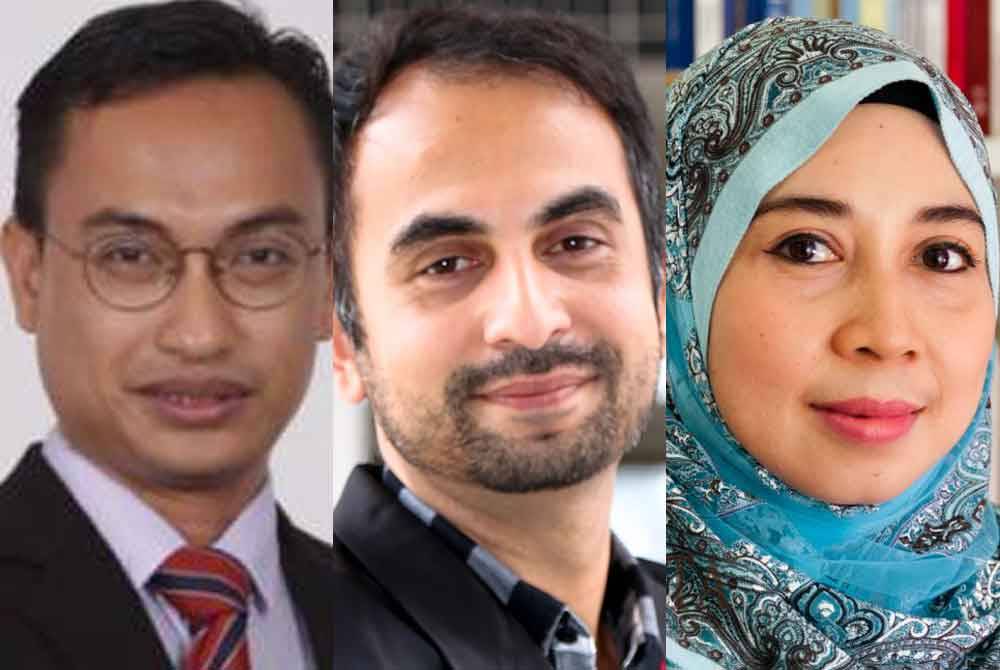Inappropriate to label Tun M 'supremacy'
An expert said the term was considered as an insult to a statesman like Dr Mahathir who has contributed a lot to the country.


SHAH ALAM - Former prime minister Tun Dr Mahathir Mohamad should not be labeled as 'supremacy' following his statement disputing the loyalty of Indians and that non-Malays need to be Malays to have the right to consider Malaysia as their own country.
Universiti Kebangsaan Malaysia (UKM) Ethnic Studies Insitute deputy director Professor Dr Kartini Aboo Talib@Khalid said the term was considered as an insult to a statesman like Dr Mahathir who has contributed a lot to the country.
"The term supremacy has its own history involving ethnic violence, murder and torture as perpetrated by the Klu Klux Klan in the United States (US) and to label statesmen like him as supremacists is very unfair.
"Although he is known to be brave and vocal in voicing an issue and opinion, he never ignores the non-Malays," she told Sinar Premium.
Kartini said the proof was that he created a blueprint for Indian society, introduced meritocracy in institutes of higher education, strengthened integration as the basis of unification and did not choose assimilation.
"This integration approach allows the non-Malay community to maintain their vernacular identity and encourages non-Malays to recognise the culture, manners and customs of the Malays prudently and politely.
"The experience of foreign countries that choose assimilation has gone through a history of tyranny for the sake of one country, one nation, one language but this is not the case in Malaysia.
"It is different in countries such as Thailand and Indonesia which witnessed the assimilation of the Chinese and Malays, for example there are no Chinese or Tamil schools there. While in Cambodia before, the former Prime Minister, Pol Pot killed his citizens in the name of ideology and assimilation," she said.
Kartini explained that Dr Mahathir did not divide the race but rather had different views.
"He has shaped Malaysians to be integrated and united in diversity, he deserves to be respected," she said.
Meanwhile, Universiti Malaya Political Science, Public Administration and Development Studies Department lecturer Dr Mohammad Tawfik Yaakub said there was no compromise on any individual or any issue that could destroy the country.
"There is nothing wrong with differing views and political ideologies, but there is no compromise on issues that can destroy the country. Everyone is responsible for maintaining the harmony of the country, no matter the leader, former leader or ordinary people.
"However, Dr Mahathir's statement can be considered supremacist and thus capable of stirring up the flames of racism among the pluralistic society in Malaysia," he said.
He said Dr Mahathir also had a cunning political agenda to ensure that the Malays favoured him.
"He is aware that the Malays can easily be influenced by racial sentiments and thus wants to build momentum to face the 16th General Election (GE16) early or by any means try to scratch and portray a negative image of the government," he said.
Tawfik added that the political figure should stop seeking public attention and preferably take a break from the national political arena because otherwise it would damage his name as a great statesman.
"Even the voters of Langkawi have given him a clear signal in the last GE15 to retire from politics when he lost and lost his deposit," he said.
Meanwhile, Universiti Teknologi Mara Kedah Political Science lecturer Firdaus Ramli was of the opinion that Dr Mahathir's statement was seen as a political statement aimed at raising his image as an Ultra Malay fighter.
However, according to Firdaus, Dr Mahathir's statement, on the contrary, created more contradictions in various aspects.
"From a legal point of view, his statement is seen as contrary to the definition of Malay stated in the Constitution, where an individual must practice Islamic teachings, apart from Malay culture to be defined as a Malay.
"It is also seen as contrary to the concept of the Malaysian Nation that was expressed by him when he introduced Vision 2020 in 1991," he said.











